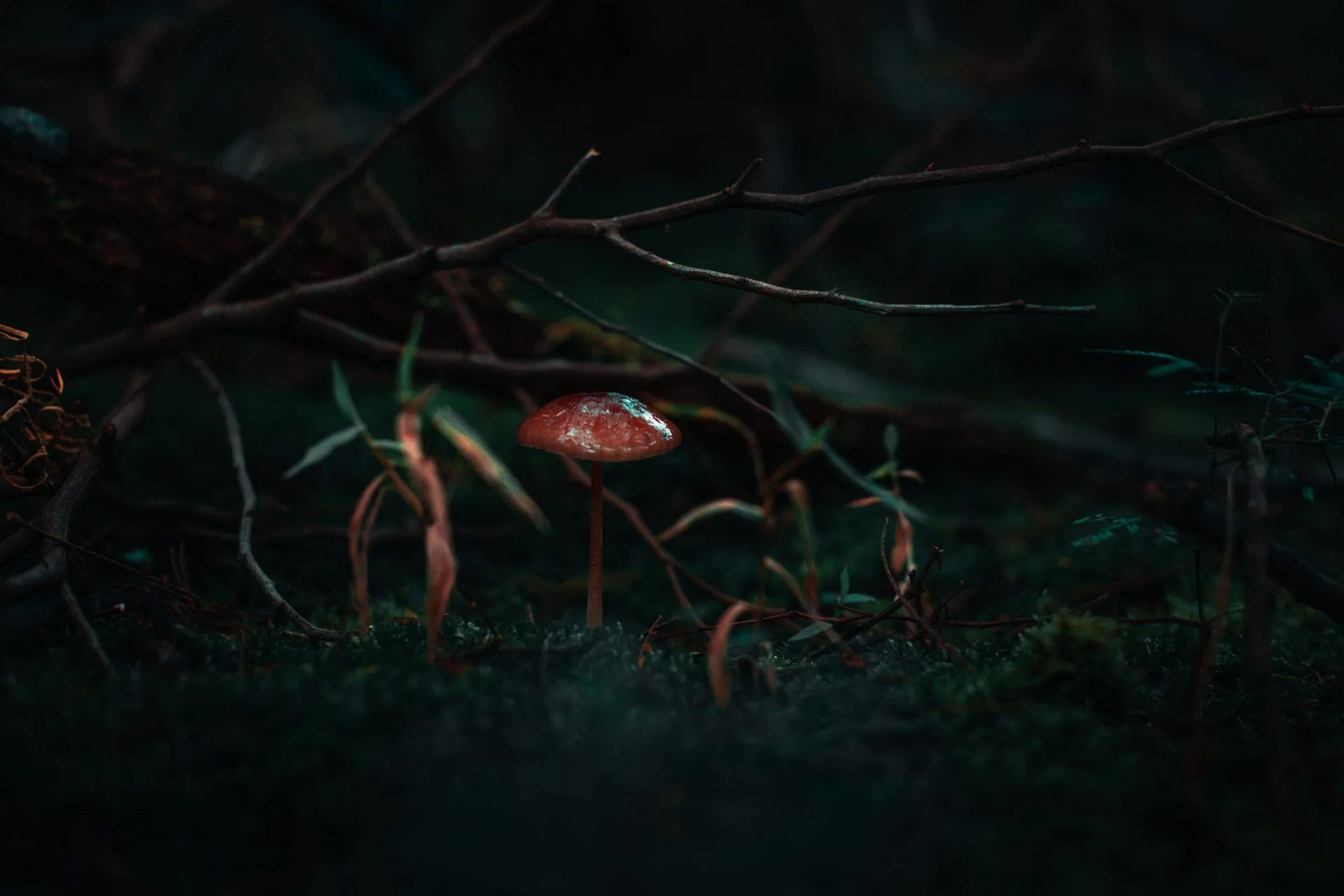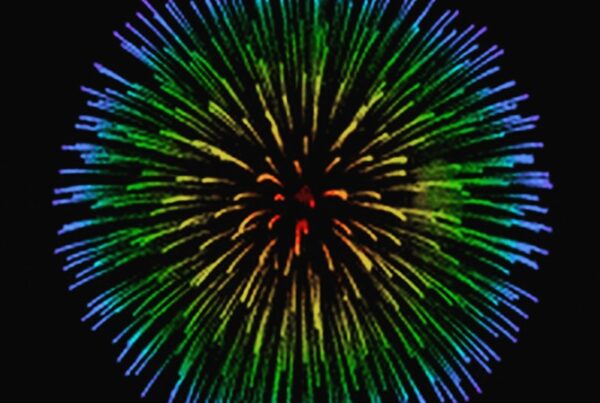It’s clear that we’re in the midst of a mental health crisis, with rates of depression and anxiety on a rapid rise. Clinical depression is a medical condition characterized by persistent feelings of sadness, which impacts mood, behavior, and daily life.
Whilst often treated with antidepressant medications, these medications do have side effects. This can cause patients to avoid their use, potentially aggravating their condition.
As a result, there’s been an increased interest in alternative treatments for mental health conditions. One that is receiving attention is the medical use of psychedelics, with psilocybin (magic mushrooms) being at the forefront. Now, recent research has suggested that a single dose of this psychedelic may treat clinical depression.
A Dose of Psilocybin for Clinical Depression?
As of this time, psychedelic compounds are categorized as Schedule 1 drugs. This makes them illegal and considered to have a high potential for abuse, with no accepted medical use. Yet, recent research may change this approach.
Per researchers of a new study, the growing global mental health crisis and lack of effective mental health strategies have given rise to the reconsideration of psychedelics.
In a recent study, researchers recruited 104 participants, between 21 and 65 years of age. These participants met the criteria for clinical depression, but were otherwise in good health.
Holding research at 11 sites throughout the United States, 51 of the participants received a single 25 mg dose of psilocybin and the remaining 53 received a single 100 mg dose of niacin, a placebo. As this was a double-blinded study, neither the study personnel nor participants knew who was receiving what during the trial. In the weeks before receiving psilocybin or a placebo, participants were slowly tapered off their regular antidepressants.
During the dosing session, each participant spent 7 to 10 hours with two trained and qualified facilitators in a comfortable room. They were encouraged to wear eyeshades and listen to a curated playlist of on headphones while reclining.
This was then followed by a four-hour integration session with staff, during which participants discussed their experience.
The patient’s depressive symptoms were assessed, over the phone, at the start and then 2, 8, 15, 29, and 43 days after dosing of psilocybin and niacin. In addition to their symptoms, they were also asked about any side effects they experienced, as well as their quality of life.
A Psychedelic Dose May Improve Depressive Symptoms
“Psilocybin treatment was associated with a clinically significant sustained reduction in depressive symptoms and functional disability, without serious adverse events.”
Per the study’s findings, which were published in JAMA, participants who received a single dose of psilocybin experienced a significant reduction in their symptoms, as compared to those who received a placebo. Additionally, psilocybin recipients also experienced a decrease in the severity of their condition and improvements in both anxiety symptoms and quality of life.
What about the side effects?
The most common side effects experienced included nausea, headaches, and visual effects which manifested in the form of hallucinations and patterns.
Also, the study did have a few limitations, including the study being small and having a lack of diversity, as the study featured mostly white, non-Hispanic individuals from a higher income bracket.
Psychedelics: The future of mental health?
This is not the first study to highlight the mental health benefits of psilocybin. Previous studies have found that it may ease depressive symptoms, treat anorexia, and even assist in cigarette cessation.
While psilocybin is still illegal in most parts of the United States, the rest of the world is taking a different approach. For one, this past July, Australia legalized the medical use of both psilocybin and MDMA.
With more emerging studies like this, psilocybin and other psychedelics may soon be established as the main form of treatment when it comes to mental health concerns.
References
Gukasyan, N., Davis, A. K., Barrett, F. S., Cosimano, M. P., et al. (2022). Efficacy and safety of psilocybin-assisted treatment for major depressive disorder: Prospective 12-month follow-up. Journal of Psychopharmacology. https://doi.org/10.1177/02698811211073759
Johnson, M. W., Garcia-Romeu, A., & Griffiths, R. R. (2017). Long-term follow-up of psilocybin-facilitated smoking cessation. The American journal of drug and alcohol abuse, 43(1), 55–60. https://doi.org/10.3109/00952990.2016.1170135
Raison, C. L., Sanacora, G., Woolley, J., Heinzerling, K., et al. (2023). Single-Dose Psilocybin Treatment for Major Depressive Disorder: A Randomized Clinical Trial. JAMA, 330(9), 843–853. https://doi.org/10.1001/jama.2023.14530



![women [longevity live]](https://longevitylive.com/wp-content/uploads/2020/01/photo-of-women-walking-down-the-street-1116984-100x100.jpg)










